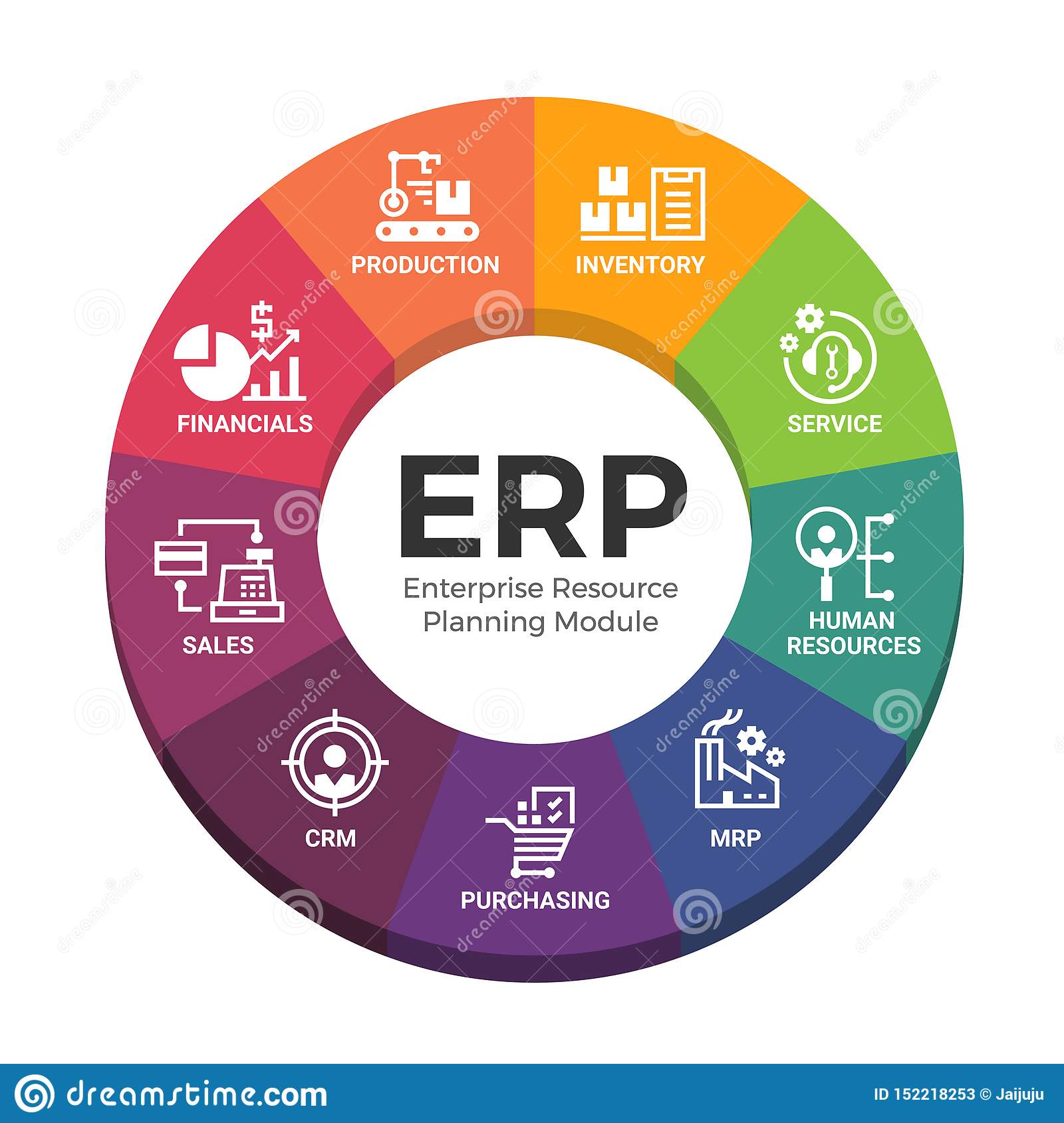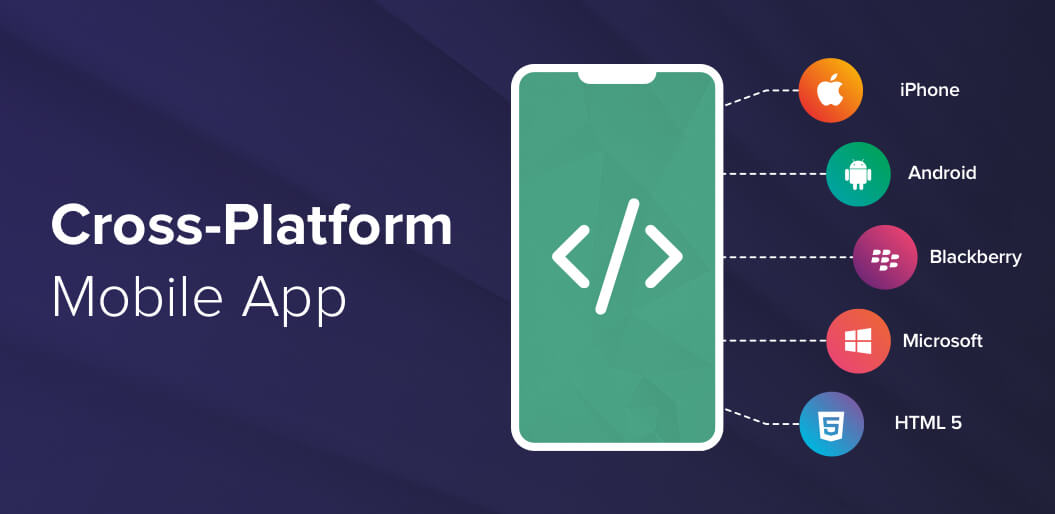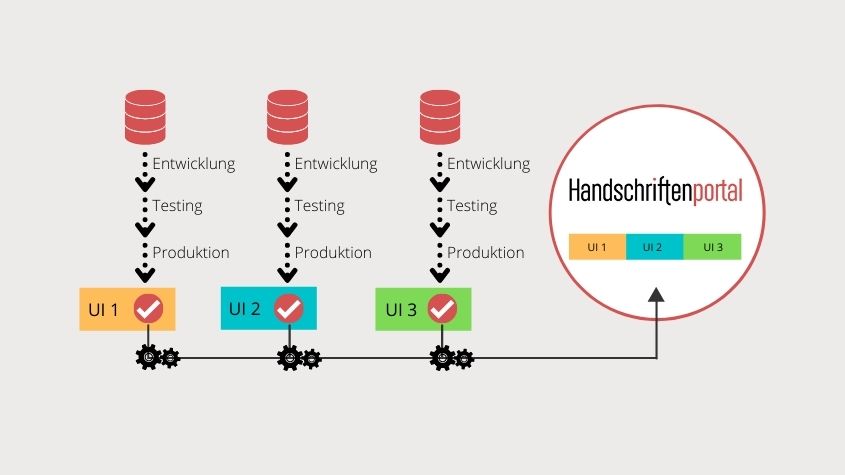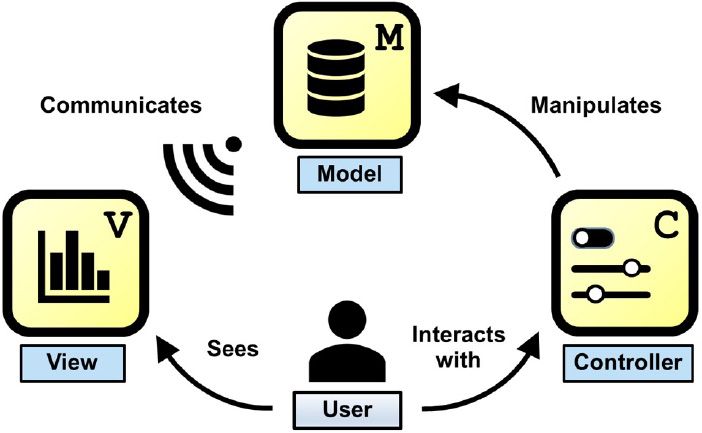Enterprise Resource Planning (ERP): Efficient company management and resource optimization
Pubblicato su

Pubblicato su

RemoteScout24 · Pubblicato su 2021-12-28 21:54:16.0
RemoteScout24 · Pubblicato su 2021-12-28 21:54:16.0
RemoteScout24 · Pubblicato su 2021-12-28 21:54:16.0
RemoteScout24 · Pubblicato su 2021-12-28 21:54:16.0



